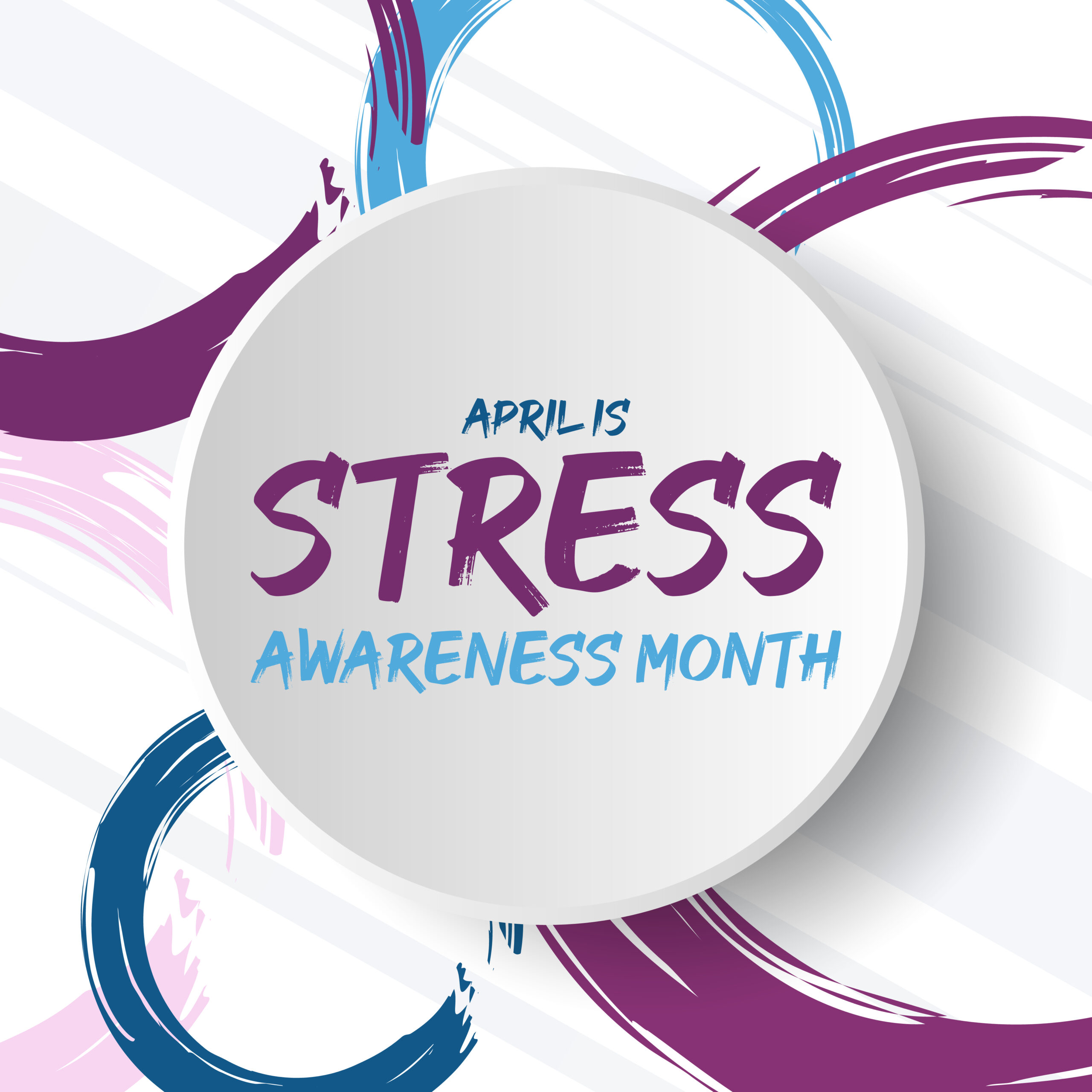International Day for Tolerance: A time to embrace our differences

Today is International Day for Tolerance, an annual observance day declared by UNESCO in 1995 to generate public awareness of the dangers of intolerance.
“Tolerance is respect, acceptance and appreciation of the rich diversity of our world's cultures, our forms of expression and ways of being human."
Despite the world becoming more connected and there being a greater awareness and acceptance when it comes to tolerance, we sadly still face grave challenges when it comes to being more understanding, especially in light of ongoing conflicts in the world, most recently Palestine and Israel, Ukraine, and Africa.
The hostilities that have grown here in the UK and the politicisation of the situation abroad has reinforced the need for more work to be done both at home and away when it comes to tackling intolerance towards race, religion, gender and sexual orientations.
Effective conflict management is a great way to garner respect and tolerance, and requires effective communication, empathy, problem-solving, and negotiation. It also involves maintaining objectivity and being able to de-escalate tensions. This can foster a positive environment where all parties feel heard and respected, and where healthy relationships can be maintained. When applied in the workplace, it ensures a smooth functioning social setting where people can be their authentic selves.
Tolerance plays a crucial role in successful conflict management. It involves respecting and appreciating differences, whether in opinions, values, or backgrounds. Tolerance fosters an environment where diverse viewpoints are accepted and where open-mindedness encourages constructive dialogue, reduces misunderstandings, and promotes mutual respect. Tolerant attitudes help in recognising the validity of different perspectives, which is essential for effective problem-solving and resolution. By cultivating tolerance, conflicts can be managed more constructively, leading to healthier, more productive outcomes.
But to enable tolerance to thrive, we must tackle any fear of bias or ridicule. I have spoken previously about the vital conversation around systemic challenges that remain when it comes to addressing bullying in the workplace. I feel it is imperative to reinforce the value of building and maintaining safe and collaborative workplaces, and how a critical part of this is nurturing and rewarding constructive critique and questioning the status quo to innovate and improve.
Overall, we must remember that with respect, open communication and a tolerant attitude, we can overcome our differences and conflict can be avoided: people can thrive - together.




